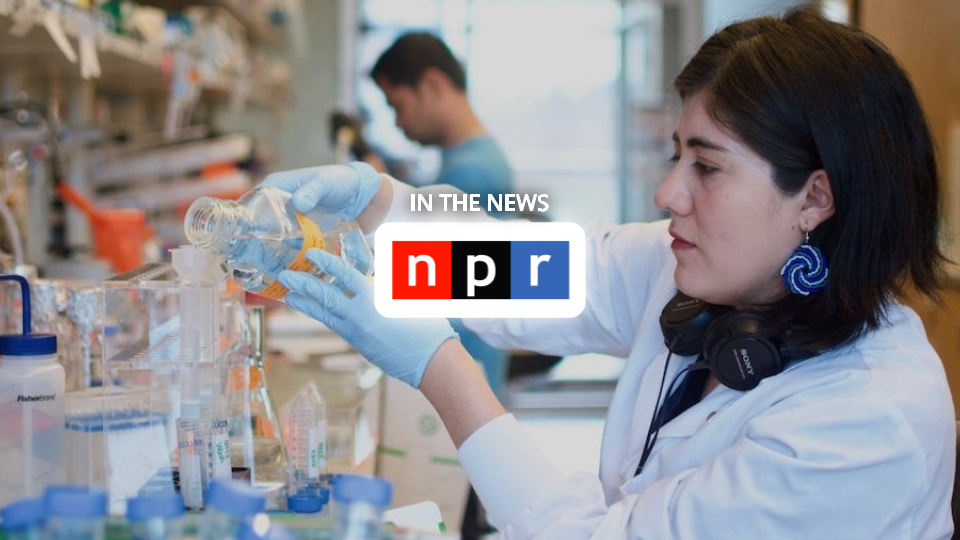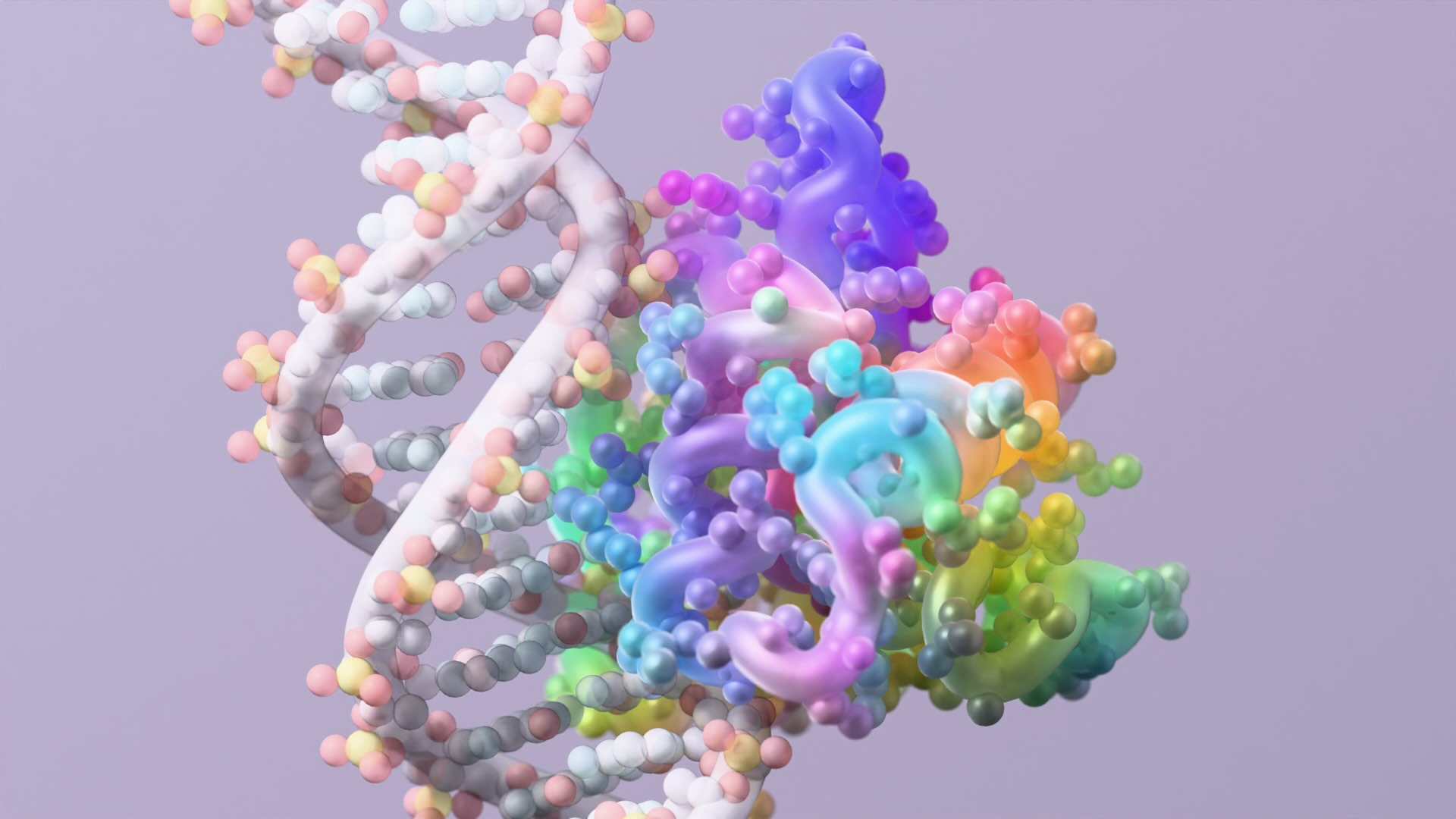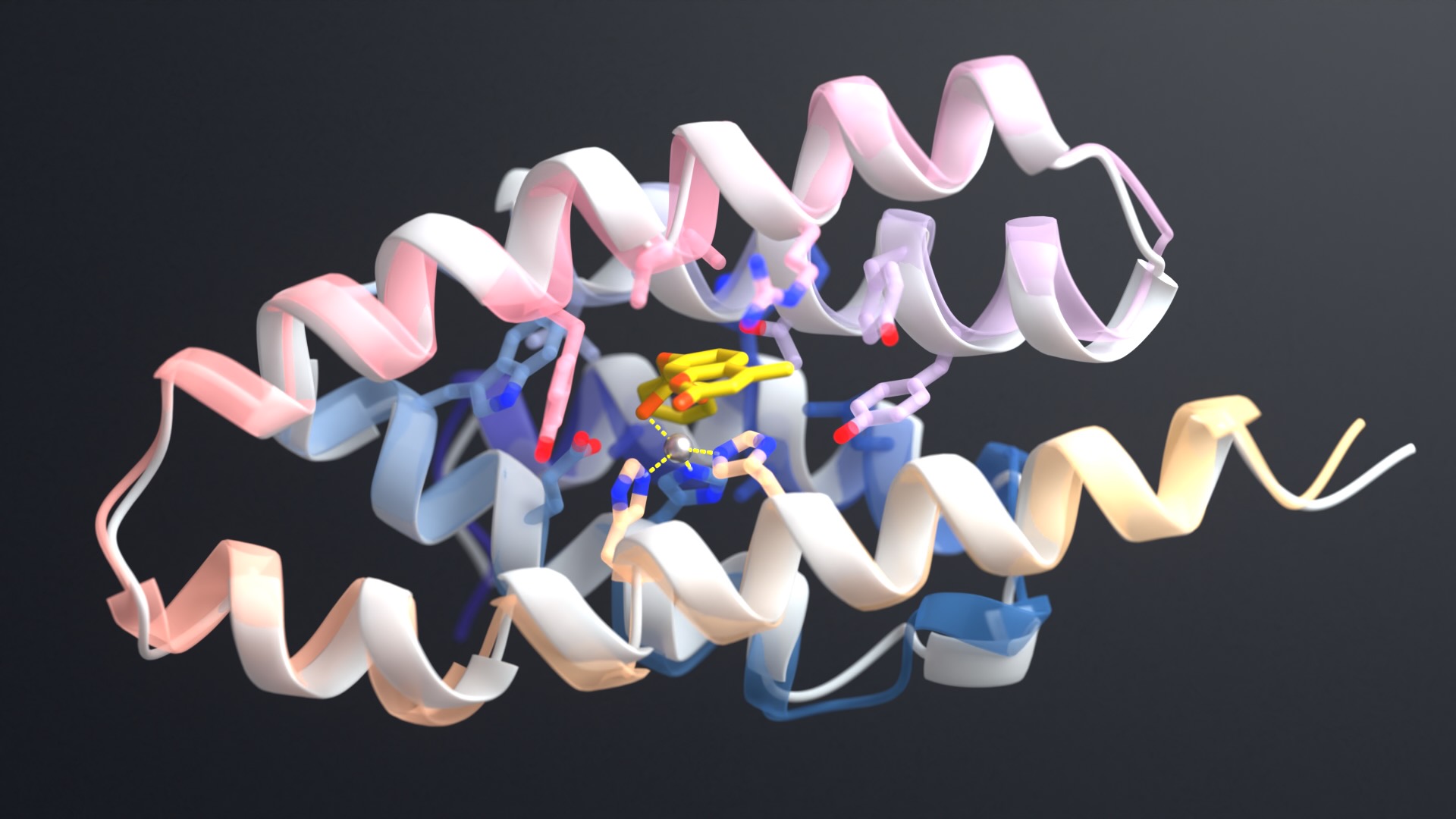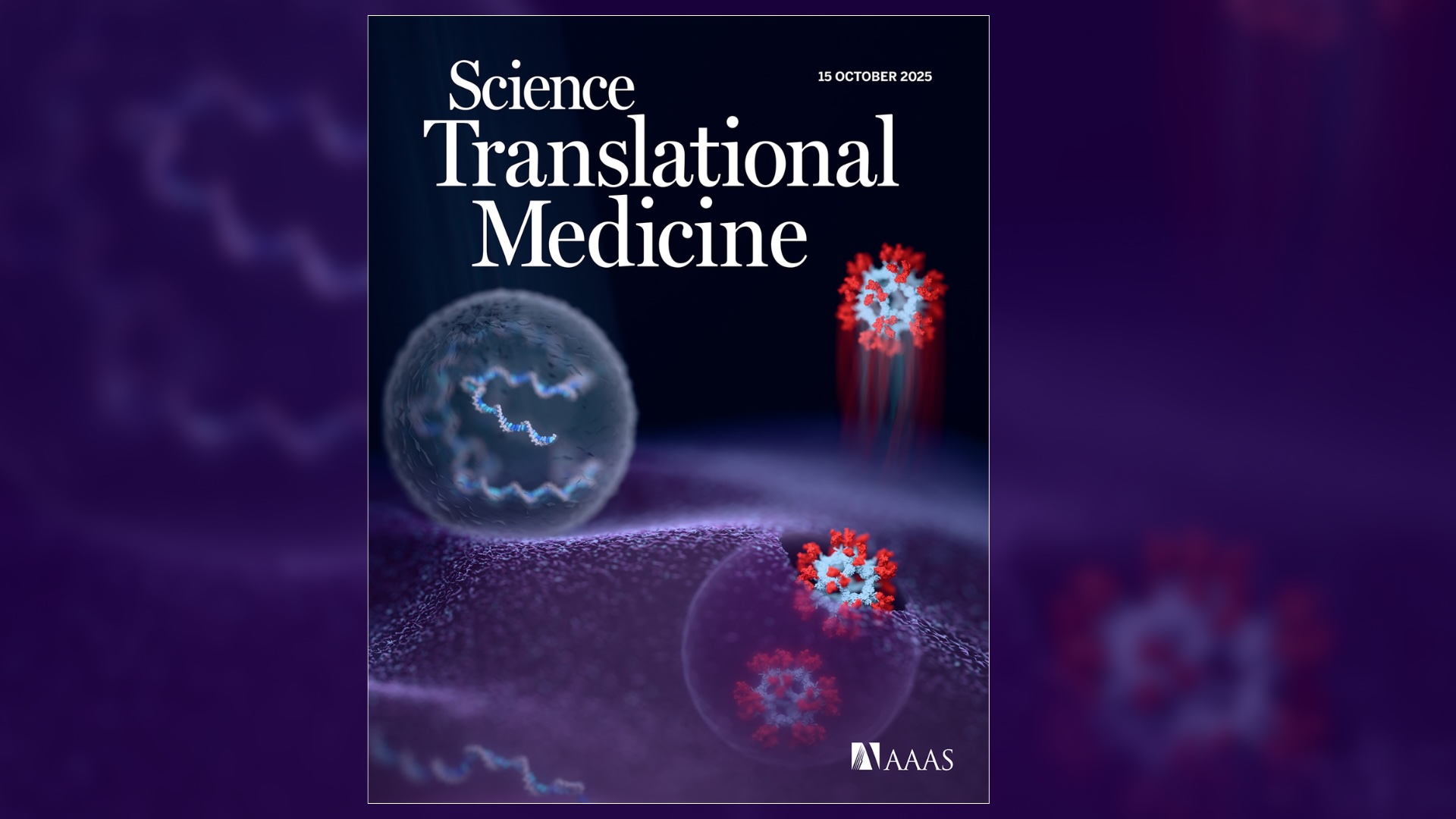NPR senior editor and correspondent Geoff Blumfiel recently visited our labs as part of his coverage of how artificial intelligence is accelerating scientific research.
From NPR:
Susana Vazquez-Torres is a fourth-year graduate student at the University of Washington who wants to someday invent new drugs for neglected diseases.
Lately, she’s been thinking a lot about snake bites: Around a hundred thousand people die each year from snake bites, according to the World Health Organization — and yet, she says, “the current therapeutics are not safe and are very expensive.”
Part of the problem is that developing new drugs for things like snake bites has been a slow and laborious process. In the past, Torres says, it might have taken years to come up with a promising compound.
But recently, a new tool in her laboratory has rapidly sped up that timeline: Artificial intelligence. Torres started her current project in February and already has some candidate drugs lined up.
“It’s just crazy that we can come up with a therapeutic in a couple of months now,” she says.
Hear the full story at npr.org





